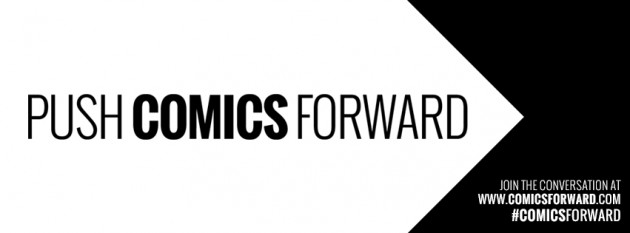Last evening, Scott Lynch wrote a few tweets which I took to be responding to that article and/or to related claims that The Buried Giant is Not Fantasy.
I joined in, tweeting about my own fantasy novels and adding the Hashtag #TotallyNotFantasy.
And then…it took off. (more below the Storify)
I think it’s not a coincidence that people jumped in. The ‘It’s totally not fantasy/science fiction’ meme has been around for a while.
Pointless Genre Cage Match
I haven’t read Ishiguro’s The Buried Giant yet. Maybe I’ll love it. And for this conversation, The Buried Giant is really just another work framed in a way to re-hash up a conversation that’s been around for a long time – Genre Vs. Literary, as if they’re somehow mutually exclusive. I’ve seen a lot of literary establishment-approved writers writing genre novels (cool!) and then getting treated by major review venues like those works are ‘transcending’ or ‘redeeming’ the genre, as if we don’t already have grand masters of high literary styling in speculative fiction.
I vehemently defy those assertions. Be proud of what you’re writing, and cite your sources. I’m very happy for writers to be producing genre novels that are then released by non-genre houses. Recent novels like Emily St. John Mandel’s Station Eleven or Glen Duncan’s The Last Werewolf or novellas like Karen Russell’s Sleep Donation deploy the tools of speculative fiction in stories marketed to readers as literary fiction audiences. Sweet! These works can be used by readers to bridge the gaps between speculative fiction and literary fiction audiences. This is great – it helps readers find new stories to appreciate, especially since there are writers in both fields that write hybrid work which can satisfy aesthetic demands of primarily-speculative or primarily-literary readers. They’re just different styles of art, different traditions which have overlapped numerous times.
But if you come into the territory of speculative fiction, grab some unicorns and dragons and orphan heroes and wizards, and then go somewhere else, build a novel, and say ‘Oh, this isn’t fantasy,’ then you and me? We’ve got a problem.
I stand with Ms. Le Guin. Not surprising, since her Earthsea books were some of the first fantasy novels I ever read and they have left an indelible mark on my conception of the genre.
Embrace the Power of And
A work can be more than one thing. A novel being fantasy doesn’t mean it isn’t also Literary, or Young Adult. I think genres are most useful as a tagging system – a way of describing and delineating additional points of entry and accessibility for a work.
The genre gutter is an illusion. It’s just another way of casting aspersions, of creating hierarchies between camps of art that are often trying to do different things and have little reason to be opposed. Retreading those hierarchical conversations is about as useful as complaining that an ATV is a terrible vehicle because it isn’t a bullet train. They do different things.
It’s all art. Appreciate it for what it is – learn what the work seems to be doing, and help get it in front of readers that might enjoy that aesthetic experience.



